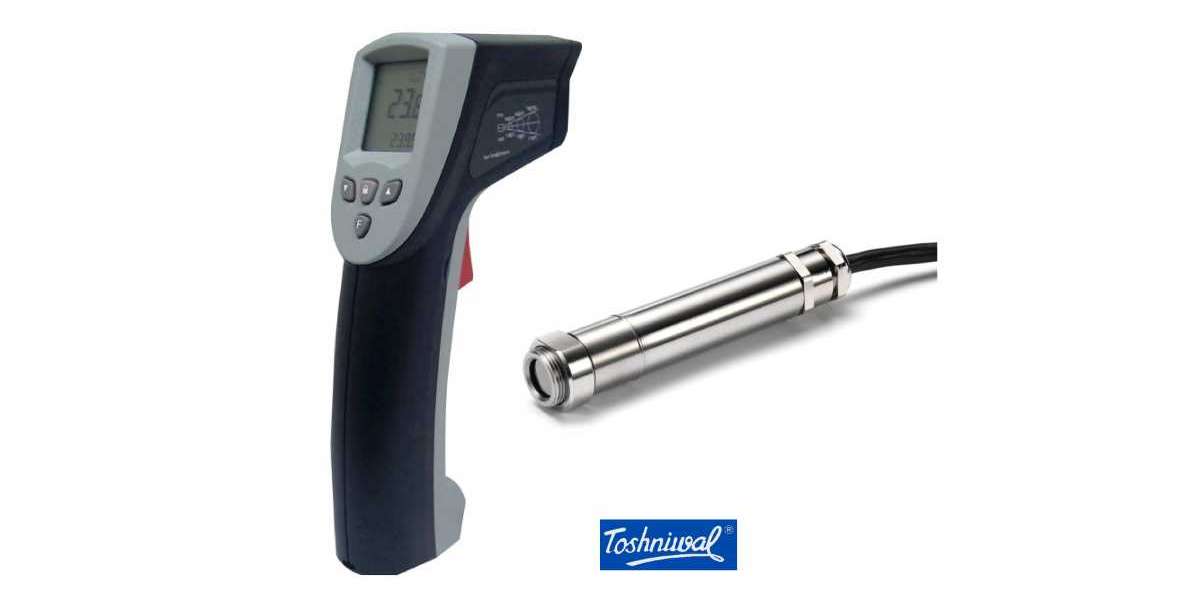Quality control is the backbone of every successful industry. From pharmaceuticals to food production and from electronics to heavy engineering, maintaining consistency and reliability in output determines long-term success. One of the most important factors influencing quality is temperature.
The Connection Between Temperature and Quality
Temperature fluctuations can directly impact the integrity of products. In food processing, even a minor rise in temperature could compromise freshness and safety. In pharmaceuticals, unstable conditions during production may reduce the effectiveness of medicines. In metal manufacturing, incorrect thermal levels can result in weak or flawed components. Sensors safeguard against these risks by maintaining exact control over the production environment.
Maintaining Consistency in Production
Consistency is key to building trust and reputation. Industrial temperature sensors enable companies to replicate processes with high precision, reducing variations between batches. This is especially crucial in industries like electronics, where a single defective unit can cause significant financial and reputational damage. By ensuring uniform conditions, sensors help industries deliver products that consistently meet specifications.
Real-Time Monitoring and Adjustment
One of the greatest advantages of using temperature sensors is their ability to provide real-time data. This allows immediate adjustments to be made if readings drift outside safe or required limits. Automated systems connected to sensors can instantly regulate heating or cooling systems, ensuring continuous alignment with quality requirements. Such responsiveness minimizes waste and reduces the risk of defective products reaching customers.
Role in Compliance and Certification
Industries are often subject to strict regulatory standards that require detailed records of production conditions. Industrial temperature sensors provide the documentation necessary to prove compliance with these standards. Having reliable sensor data not only helps industries avoid penalties but also supports certification processes that build consumer confidence in their products.
Reducing Waste and Costs
Defective products caused by temperature inconsistencies can lead to significant financial losses. By preventing such issues, temperature sensors directly contribute to reducing waste. This efficiency also translates into cost savings, as fewer resources are consumed in rework or discarded products. In competitive industries, this can be the difference between profitability and loss.
Supporting Continuous Improvement
Quality control is not a one-time task but an ongoing process of improvement. Data gathered from temperature sensors can be analyzed to identify trends and opportunities for refining processes. This proactive use of sensor data ensures that industries not only maintain quality but also enhance it over time.
Conclusion
Industrial Temperature Sensors are essential for quality control because they provide the precision, consistency, and real-time data that industries need to maintain high standards. By ensuring compliance, reducing waste, and supporting continuous improvement, they play a vital role in helping industries deliver reliable products to customers. Their importance in quality assurance makes them one of the most valuable tools in modern manufacturing and production.














